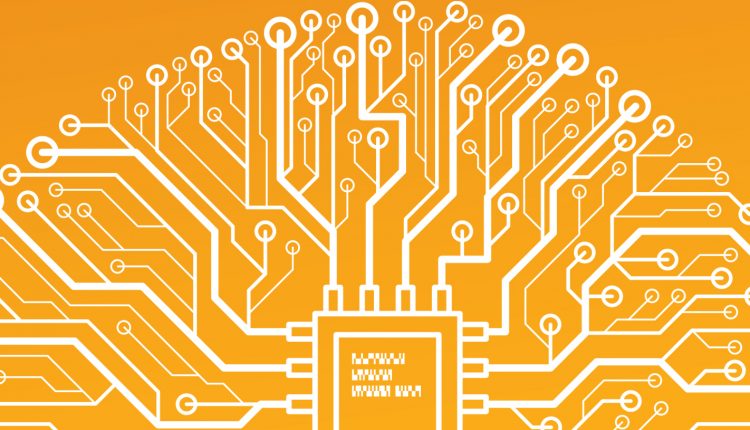11.23.2020
Tachyum Inc. today announced the formation of I4DI (Innovations for Digital Infrastructure), a partnership of innovative EU and global technology leaders brought together to develop European-based supercomputing solutions to advance the region’s capabilities in solving the performance, power and efficiency issues challenging the industry today.
In addition to Tachyum, fellow founding members PosAm and Towercom are lending their expertise, along with partners SAV (Slovak Academy of Science) and MIRRI (Ministry of Investment, Regional Development and Informatization) who are bringing their relevant capabilities and experience `to the development of the National Supercomputing Centre (NSC) in Slovakia.
This Slovakian universal computing center will showcase the world’s first universal processor Prodigy, capable of switching seamlessly among hyperscale, AI and HPC workloads. Its class leading performance, efficiency, and cost is expected to garner international attention while accelerating migration of Prodigy-based solutions to public and private cloud infrastructures. Other companies in storage, networking, rack manufacturing, power, software, services and telecommunications spaces – many with manufacturing capabilities in Slovakia – are expected to join the consortium in the near future.
“By launching a partnership among leading European and global technology companies, we are able to transform the region’s capabilities from consumers to producers of supercomputing capabilities that will transform the AI landscape,” said Dr. Radoslav Danilak, Tachyum founder and CEO. “With half of worldwide GDP growth over the next decade expected to be derived from AI, it is imperative to develop supercomputing capabilities like the NSC to improve not only the Danube Valley, but the EU as a whole. We look forward to working with our fellow I4DI partners in delivering supercomputing solutions the change the fundamentals limiting the industry today.”
I4DI will provide freedom and openness, like Open Compute, to the European HPC market. NSC is expected to operate the world’s fastest AI supercomputers to solve the data and technological sovereignty challenges of the EU. While much of existing data in the EU is controlled and monetized by US corporations today, I4DI and NSC will serve as an example of how future supercomputers should be built and it will help transform Slovakia and the entire EU region from an importer of data center and supercomputer technologies to an innovative leader in research and development for worldwide AI and HPC solutions.
I4DI-designed datacenters, like NSC, will serve as a blueprint for future government or commercial cloud initiatives such as InoCloud. Because of dual use – both commercially and for government/AI workloads, new I4DI datacenters will be more efficient, enabling hardware utilization rates to improve to more than 90 percent vs. their current 40 percent utilization rates. This utilization efficiency, coupled with Prodigy’s inherent low power has cascading benefits, as it enables exponential cloud capacity scaling without hitting the planet’s power wall, cutting supercomputer and data center Total Cost of Operations by up to 4x.
The EU consumes 30 percent of the world’s supercomputing resources, but has only 5 percent of the world’s capacity based on a recent EU report. This discrepancy has led the EU Commission to set out to determine its own destiny by building its own supercomputers and datacenters, with improved efficiency and resource utilization to combat against increased carbon emissions and global warming associated with traditional compute infrastructures. Tachyum’s development of its Prodigy Universal Processor is among the innovation that the I4DI is looking to leverage to meet its aggressive goals.
Tachyum’s Prodigy can run HPC applications, convolution AI, explainable AI, general AI, bio AI and spiking neural networks, as well as normal data center workloads on a single homogeneous processor platform, using standard programming models. Using CPU, GPU, TPU and other accelerators in lieu of Prodigy for these different types of workloads is inefficient and costly. A heterogeneous processing fabric, with unique hardware dedicated to each type of workload (e.g. data center, AI, HPC), results in underutilization of hardware resources, and more challenging programming, support, and maintenance challenges. Prodigy’s ability to seamlessly switch among these various workloads dramatically changes the competitive landscape and the economics of data centers and supercomputers.
Prodigy significantly improves computational performance, energy consumption, hardware (server) utilization and space requirements compared to existing processor chips provisioned in hyperscale data centers today. It will also allow Edge developers for IoT to exploit its low power / high performance, along with its simple programming model to deliver low cost / high performance AI to the edge.
tachyum.com



Comments are closed.